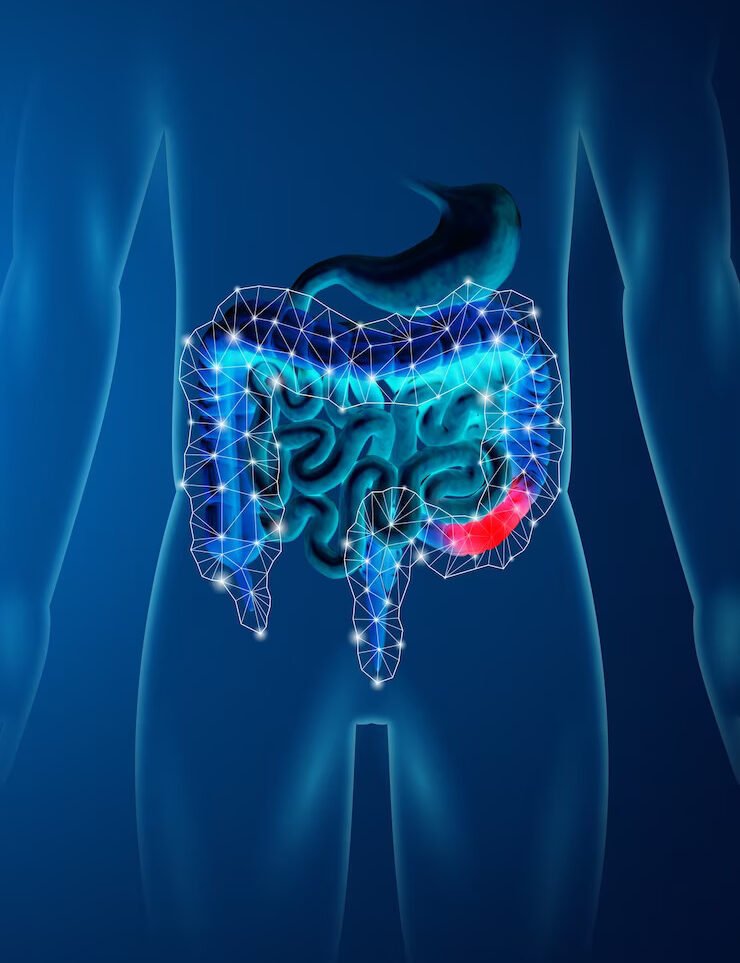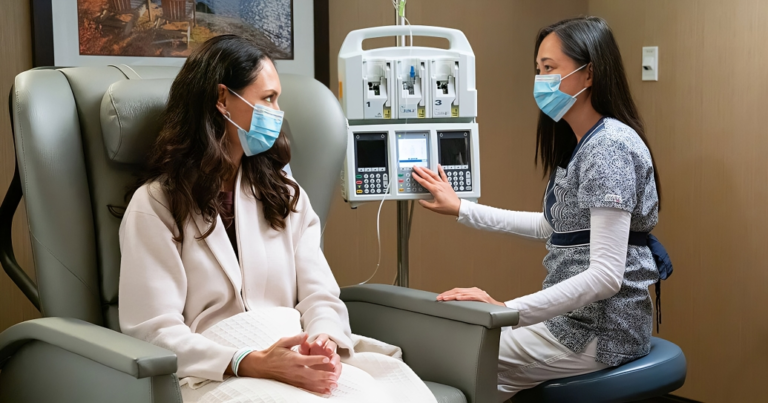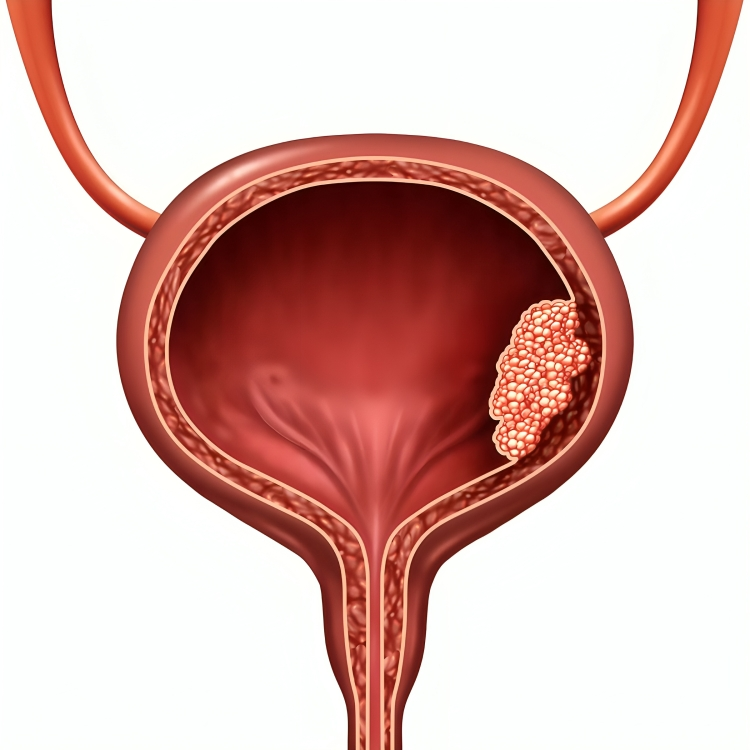Radiation Therapy For Gastrointestinal Cancer
Gastrointestinal (GI) cancers pose a significant health challenge worldwide, affecting various organs such as the esophagus, stomach, liver, pancreas, colon, and rectum. Among the treatment modalities available, radiation therapy stands as a crucial component in the comprehensive management of GI cancer. In this article, we delve into the intricacies of radiation therapy for gastrointestinal cancer, exploring its principles, applications, and advancements in the field.
To Know More About It Please Click Here
Understanding Radiation Therapy
Radiation therapy, also known as radiotherapy, employs high-energy beams to target and destroy cancerous cells while minimizing damage to surrounding healthy tissues. The therapy can be delivered externally (external beam radiation) or internally (brachytherapy), depending on the tumor’s location and characteristics.
Applications in Gastrointestinal Cancer
Radiation therapy plays a pivotal role in the multidisciplinary approach to GI cancer treatment. Its applications vary depending on the type, stage, and location of the cancer. For instance, in esophageal cancer, radiation therapy may be used as a primary treatment modality, either alone or in combination with chemotherapy (chemoradiation), to shrink tumors before surgery or to alleviate symptoms in advanced cases. Similarly, in rectal cancer, radiation therapy is often employed to shrink tumors before surgery (neoadjuvant therapy) or to eradicate residual cancer cells after surgery (adjuvant therapy).
Technological Advancements
Advancements in technology have revolutionized radiation therapy, making it more precise, effective, and well-tolerated. Techniques such as intensity-modulated radiation therapy (IMRT), stereotactic body radiation therapy (SBRT), and image-guided radiation therapy (IGRT) allow for highly targeted delivery of radiation, sparing adjacent healthy tissues and organs. Moreover, the integration of advanced imaging modalities such as magnetic resonance imaging (MRI) and positron emission tomography (PET) enables clinicians to accurately delineate tumor boundaries and tailor treatment plans to individual patients.
Combination Therapies
In many cases, radiation therapy is integrated into multimodal treatment regimens for gastrointestinal cancer. It may be combined with surgery, chemotherapy, targeted therapy, and immunotherapy to achieve optimal outcomes. This multidisciplinary approach, known as trimodality therapy, capitalizes on the synergistic effects of different treatment modalities, enhancing tumor control and improving overall survival rates.
Challenges and Considerations
Despite its efficacy, radiation therapy for gastrointestinal cancer is challenging. Radiation-induced side effects, such as fatigue, nausea, diarrhea, and skin irritation, can significantly impact patients’ quality of life. Additionally, the proximity of vital organs such as the liver, kidneys, and spinal cord to the gastrointestinal tract poses technical challenges in delivering radiation while minimizing collateral damage. Careful treatment planning, dose optimization, and supportive care measures are essential to mitigate these challenges and improve treatment tolerability.
Future Directions
The landscape of radiation therapy for gastrointestinal cancer continues to evolve with ongoing research and technological innovations. Novel approaches, such as proton therapy, carbon ion therapy, and immunoradiotherapy, hold promise in further improving treatment outcomes and reducing toxicity. Additionally, advancements in radiomics and artificial intelligence (AI) offer opportunities for personalized treatment planning and predictive modeling, optimizing treatment strategies for individual patients.
Conclusion
Radiation therapy remains a cornerstone in the management of gastrointestinal cancer, offering significant benefits in terms of tumor control and symptom relief. With continued advancements in technology and treatment approaches, radiation oncologists are better equipped than ever to deliver precise, tailored therapy while minimizing side effects and maximizing patient outcomes. As part of a comprehensive treatment plan, radiation therapy plays a crucial role in navigating the terrain of gastrointestinal cancer, offering hope and healing to patients worldwide.








